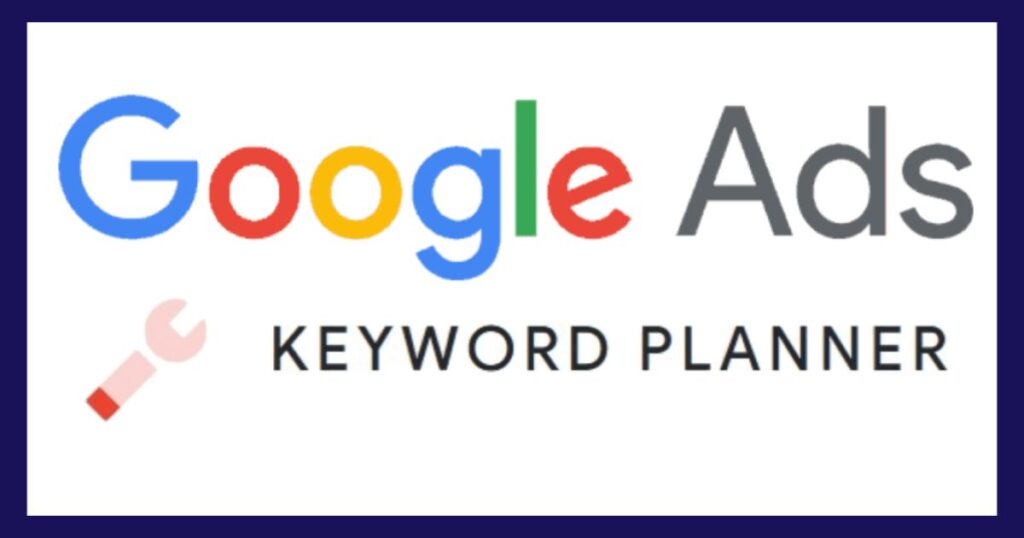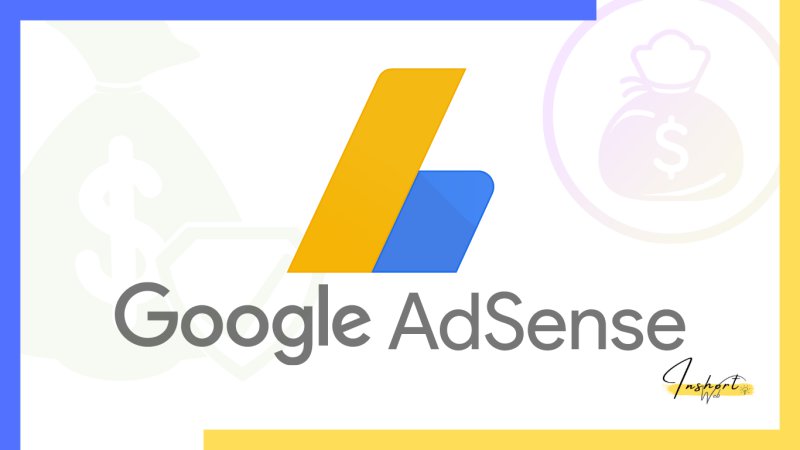Adsense high CPC keywords are the keywords that generate the highest cost per click (CPC) on average. This means that advertisers are willing to pay more for clicks on these keywords. The higher CPC means that these keywords are more valuable to advertisers and are worth more to Google.
As a result, these keywords are some of the most competitive on Adsense. If you want to get the most out of your Adsense campaigns, you need to focus on these high CPC keywords.
How to find high CPC keywords for blog? To find high CPC keywords, you can use keyword research tools. Once you have a list of potential keywords, you can use the CPC data to determine which ones are worth targeting.
Adsense high CPC keywords can be extremely valuable to your business. If you can identify and target these keywords, you can generate a significant amount of revenue from your Adsense campaigns. In this article, we’ll guide you on how to find high CPC keywords for your blog, as well as share a list of AdSense high CPC keywords to boost your AdSense earnings.
- What are high CPC keywords?
- 1. Use Google AdWords Keyword Planner
- 2. Use Keyword Tool Dominator
- 3. Check in Google Search Console
- 4. Check Popular Advertising Platforms
- 5. Look at your Competitors
- How to use AdSense high CPC keywords in blog
- Important things when you are using high CPC keywords
- Here are AdSense high CPC keywords in 2022:
- Pros and Cons of High CPC keywords
- Pros of High CPC Keywords
- Cons of High CPC Keywords
What are high CPC keywords?
A high CPC keyword is a keyword that has a high cost-per-click (CPC) in Google AdWords. This means that if you were to bid on this keyword in Google AdWords, you would pay more per click than you would for other keywords. For blog owners, this means that you can generate a lot of revenue from these high CPC keywords.
A simple way to find the AdSense high CPC keywords for your blog is by going through your analytics and seeing which ones have the highest CTR and convert best. If you don’t have access to your analytics then try looking at what terms people are using when they search for your blog on Google.
- Also read: 10 Tips To Increase Google AdSense Earnings
1. Use Google AdWords Keyword Planner

The Google AdWords Keyword Planner is a great way to find high CPC keywords for your blog. Just enter in a few seed keywords related to your topic, and the tool will return a list of related keywords with estimated CPC data. You can also use the Keyword Ideas tab to get even more keyword ideas, including long-tail keywords that you may not have thought of.
Once you’ve found some good keywords, run a search on Google to see how many advertisers are bidding on those terms and what their maximum bids are. Once you know what advertisers are willing to pay for those terms, then it’s time to start thinking about which ones make sense for your site’s content strategy.
2. Use Keyword Tool Dominator
1. Go to the Keyword Tool Dominator website. 2. Enter your keyword into the search bar. 3. Click on the AdSense high CPC keywords tab. 4. Scroll down to the How to find high CPC keywords for blog section. 5. Follow the instructions in that section. Remember, Google charges you only when someone clicks on an ad and you receive a payment after 30 days of being eligible.
You can use these top AdSense high CPC keywords for blog as a guide to create content relevant to those topics and improve your chance of getting higher ad earnings.
3. Check in Google Search Console
One way to find high CPC keywords for your blog is to check in Google Search Console. This is a tool that allows you to see how much traffic your site is getting, as well as what keywords people are using to find your site.
To access Search Console, go to Google AdWords and click on the Tools menu. Then, click on Keyword Planner. From there, you can enter your website’s URL and get started. The first tab will show how many impressions you’re getting from the past 28 days, but if you scroll down to Keyword ideas, it will show how many clicks your ads have received over the past 12 months.
And this tab will also give you a list of possible keyword suggestions based on what someone might search for when they want to find your site. You’ll be able to tell which keywords have more expensive bids because they’ll have higher costs per click (CPC).
4. Check Popular Advertising Platforms
Advertisers want their ads to be seen by people who are interested in what they’re selling, and they’re willing to pay more for keywords that indicate a higher level of interest. That’s why it’s important to target high CPC keywords when you’re blogging. One way to find these keywords is by using Google AdSense.
Simply type the keyword into the search bar at the top of your blog and see which advertisers show up as available partners. For example, if I search Nike on my blog, I see that both Nike and Adidas have advertising space available with them listed as possible partners. Now I know there is an opportunity to get sponsored posts from these brands.
Another option for finding high CPC keywords for blog is by looking at popular blogs within your niche and figuring out which brands advertise with them. Once you’ve identified some potential companies, do an Internet search for the name of the company + ad platform to find out how much they charge per click or per thousand impressions (CPM). Now all you need to do is contact those companies and pitch yourself as a blogger!
5. Look at your Competitors
A great way to find high CPC keywords for your blog is to look at your competitors. Chances are, they’re targeting the same keywords that you are. You can use a tool like Ahrefs to see what keywords they’re targeting. Look at their organic traffic and paid traffic to get an idea of which keywords are bringing in the most money for them.
There’s also this excellent guide on KWFinder that goes into more detail about how to find high CPC keywords for blog post ads. It’s worth looking through this list if you want to take your blogging business seriously.
How to use AdSense high CPC keywords in blog
- Do your research. Before you start using high CPC keywords in your blog, it’s important to do your research and understand what they are and how they work.
- Target your audience. When you’re using high CPC keywords in your blog, it’s important to target your audience and make sure you’re reaching the people who are most likely to click on ads.
- Use relevant keywords. Adding plurals can give more coverage to your topic.
Plus, it’s also a good idea to add keyword variations such as camping tips instead of just camping.
For instance, if you’re writing about camping tips for women, you might use phrases like women-friendly camping tips or tips for female campers. As always, quality matters too.
Important things when you are using high CPC keywords
There are a few things to keep in mind when looking for high CPC keywords for Adsense. The first is to think about the niche or topic that you want to target. You’ll want to find keywords that are relevant to that niche, and that have a high CPC. You can use a keyword research tool to find out what the CPC is for different keywords.
Once you’ve found a few potential keywords, you’ll want to test them out to see how well they perform. You can do this by creating a test ad campaign and monitoring the results. If you see a good CPC for the keywords you’re testing, then you can start using them in your regular Adsense campaigns.
Here are AdSense high CPC keywords in 2022:
AdSense high CPC keywords are those that advertisers are willing to pay more for clicks on their ads.
| Keywords | Cost Per Click (CPC) |
|---|---|
| Insurance | $54.91 |
| Loans | $44.28 |
| Mortgage | $47.12 |
| Attorney | $47.07 |
| Credit | $36.06 |
| Lawyer | $42.51 |
| Donate | $42.02 |
| Degree | $40.61 |
| Hosting | $31.91 |
| Claim | $45.51 |
| Conference Call | $42.05 |
| Trading | $33.19 |
| Software | $35.29 |
| Recovery | $42.03 |
| Transfer | $29.86 |
| Gas, Electicity | $54.62 |
| Classes | $35.04 |
| Rehab | $33.59 |
| Treatment | $37.18 |
| Cord Blood | $27.80 |
Pros and Cons of High CPC keywords
High CPC (Cost Per Click) keywords are those that have a higher cost when someone clicks on an ad in a pay-per-click (PPC) campaign. These keywords can be a double-edged sword, offering both significant advantages and drawbacks depending on your goals and budget. Here’s a breakdown:
Pros of High CPC Keywords
- High Commercial Intent:
- Keywords with high CPCs usually indicate that they have strong commercial intent, meaning that users searching for these terms are more likely to convert into customers. This can lead to higher conversion rates.
- Higher Revenue Potential:
- Since these keywords are often associated with high-value products or services, the potential return on investment (ROI) can be substantial if the ad campaign is well-targeted and optimized.
- Competitive Edge:
- Competing for high CPC keywords can help establish your brand as a leader in a specific niche or industry. Being present in high-stakes keyword markets can elevate your brand’s perceived value.
- Quality Traffic:
- The traffic generated from high CPC keywords is typically more qualified, meaning visitors are more likely to be interested in what you offer, leading to better engagement and lower bounce rates.
Cons of High CPC Keywords
- High Costs:
- The most obvious downside is the expense. High CPC keywords can quickly drain your advertising budget, especially if your campaigns aren’t optimized or if conversion rates are lower than expected.
- Increased Competition:
- Because these keywords are valuable, many competitors will bid on them, making it difficult to achieve a top ad position without substantial bids, further driving up costs.
- Risk of Low ROI:
- If your conversion rates don’t match the high costs of these keywords, your return on investment can be negative. This is especially risky for small businesses with limited budgets.
- Potential for Over-Reliance:
- Focusing too much on high CPC keywords can lead to neglect of long-tail keywords or other strategies that could offer better cost-effectiveness. Diversifying your keyword strategy is essential for long-term success.
- Pressure on Landing Pages:
- High CPC keywords demand highly optimized landing pages. If your landing page experience isn’t top-notch, you may end up paying a lot for clicks that don’t convert, leading to wasted spending.
Conclusion
- Look for high commercial intent keywords. These are keywords that people are more likely to use when they’re ready to buy something. You can find these keywords by using the Google AdWords Keyword Planner tool.
- Look for long-tail keywords. These are keyword phrases that are more specific and less competitive than shorter, more general keywords. In some cases, it might be worth your time to go after longer tail keywords because you’ll be able to rank higher on them. Plus, you won’t have as much competition for them as you would with more general keywords like dog, food.



